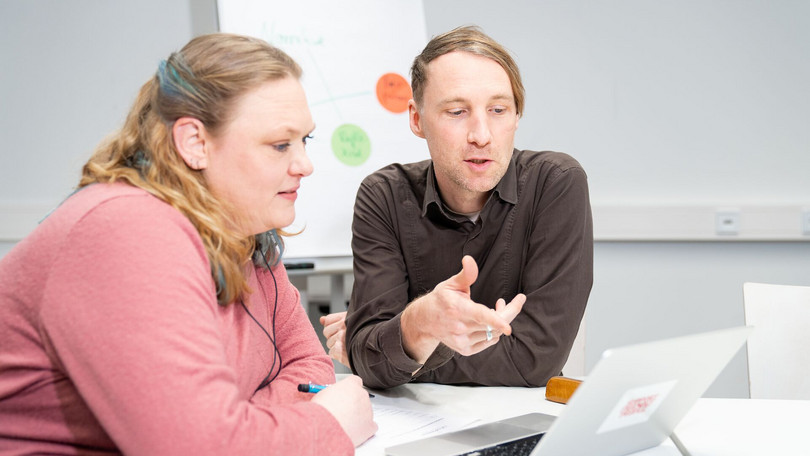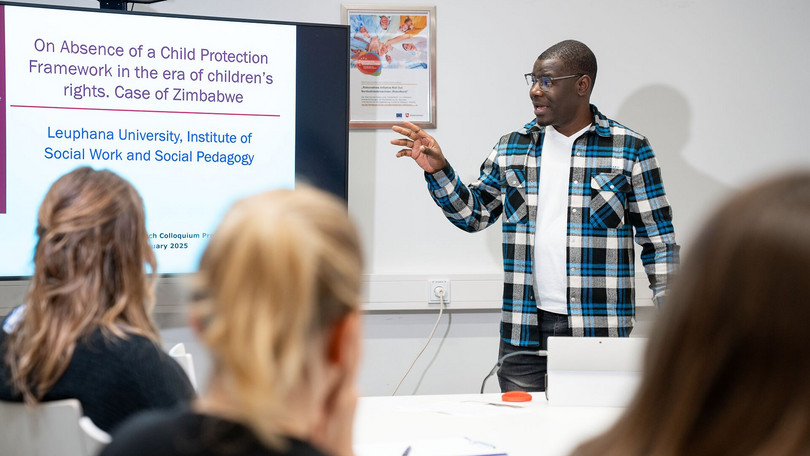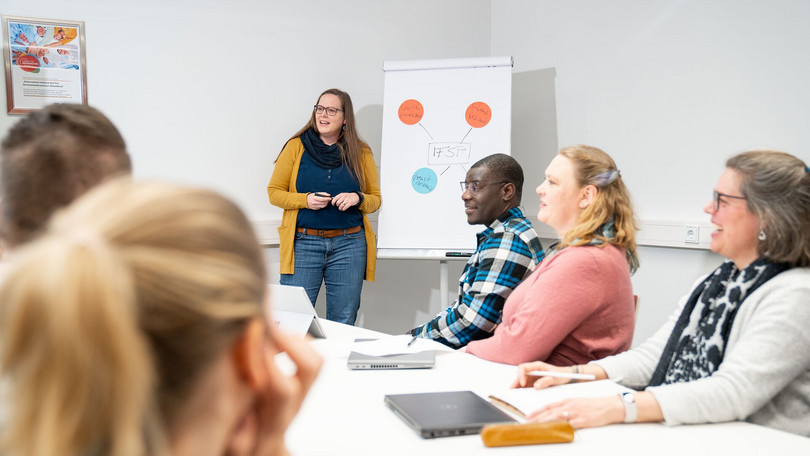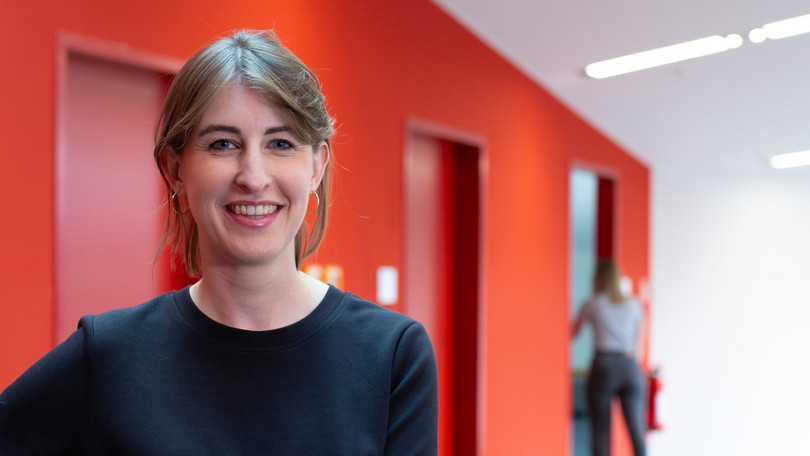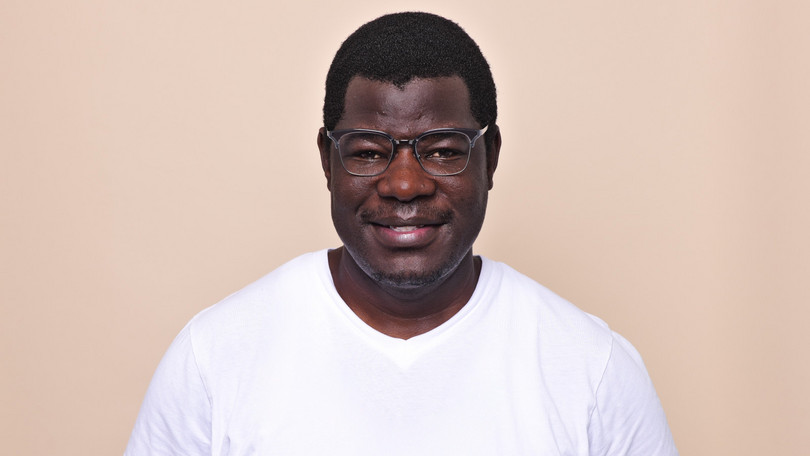Doctoral Research Group Social Pedagogy in diverse Societies
People's lives in modern societies are increasingly diverse in terms of life situations, orientations and affiliations. Social pedagogy as an institutionalized practice stands in a paradoxical relationship to this, in that where it interacts with the (re)production of social inequality and discrimination, it is called upon to promote diversity and at the same time counteract social inequality and discrimination.
The doctoral program "Social Pedagogy in Diverse Societies" focuses on the diversity of life situations, forms of living and experiences, interests and needs of people who are in contact with social pedagogical institutions as addressees or users. Moreover, institutions, organizations, and professionals of social pedagogy are examined in the context of a diverse society with regard to inclusion processes, diversity sensitivity and discrimination processes.
Areas of Research
Research on social pedagogy and social work uses empirical, logical-systematic and historical perspectives from various reference disciplines to examine the practices, discourses, modes of subjectivation and artefacts that can be attributed to the developmental context outlined above.
The doctoral research group is dedicated to the following research fields. Basic and applied research perspectives are equally important:
- Research into age-, gender-, class- and culture-related adressings of social work/social pedagogy
- Evaluation research for various fields of action and intervention in social work/social pedagogy
- Research on human service organizations (diachronic and synchronous perspective)
- Research related to higher education and study programmes/vocational training course research
- Research on institutions and institutionalisation including welfare associations and welfare state research in regional, national and international comparative dimensions
- Child and youth welfare research in a regional, national and internationally comparative dimension
- Research on education, vocational training, qualifications, professionalisation and and careers in social pedagogy
In addition to the joint work in the doctoral research group, the doctoral students are encouraged to actively participate in events of the GERA divisions "Social Pedagogy" and "Early Childhood Education" and to attend other national and international events on the above-mentioned topics.
Doctoral Degree
The respective faculty confers the doctoral degree Dr. phil.
Spokesperson
- Prof. Dr. Philipp Sandermann
Doctoral Supervisors
- Prof. Dr. Lars Alberth
- Prof. Dr. Angelika Henschel
- Prof. Dr. Anke Karber
- Prof. Dr. Ellen Kollender
- Prof. Dr. Philipp Sandermann
- Prof. Dr. Birte Siem
- Prof. Dr. i. R. Waldemar Stange
- Prof. Dr. Maren Zeller
Activities
Recently completed doctoral dissertations
- Jana Hüttmann [in German language]: Education – a question of participation? Empirical research into educational participation using the example of refugee youth
- Bernhard Eilert Klefer [in German language]: Participation of adolescents using online methods – digitization and evaluation of the moderation method and comparative analysis of 40 online applications
- Frauke Mangels [in German language]: Individualized pedagogy as resource-oriented and trauma-sensitive youth welfare – competence requirements for professionals participation of young people using online methods – digitization and evaluation of the moderation method and comparative analysis of 40 online applications
- Vanessa Sophia Schwenker: Subject formation in early childhood parenting education: migrantification, motherhood, and mobilization
- Laura Kristina Wenzel [in German language]: Towards heterogeneity-conscious research on refugee families, using the example of parental trust in early childhood education programs
- Marek Winkel [in German language]: Inclusion and professional practice in media-supported counseling and information. An empirical study in the field of refugee families as a target group for early childhood education services
Doctoral Courses
As a doctoral student at Leuphana, you not only write your dissertation, but also participate in the interdisciplinary doctoral courses, which include three interdisciplinary modules in addition to the subject-specific colloquia. You can find more information about the doctoral programme here.
Admission
If you wish to pursue your doctorate at Leuphana, you must be enrolled as doctoral student. Information about admission to the doctorate at Leuphana and the application procedure can be found here.
Leuphana Graduate School offers advice and coaching to academics in the qualification phase. The Graduate School's advisor will be happy to support you in questions of decision-making, challenges in the course of your doctorate, and career planning and development. You can find more information about the counselling and coaching services here.

